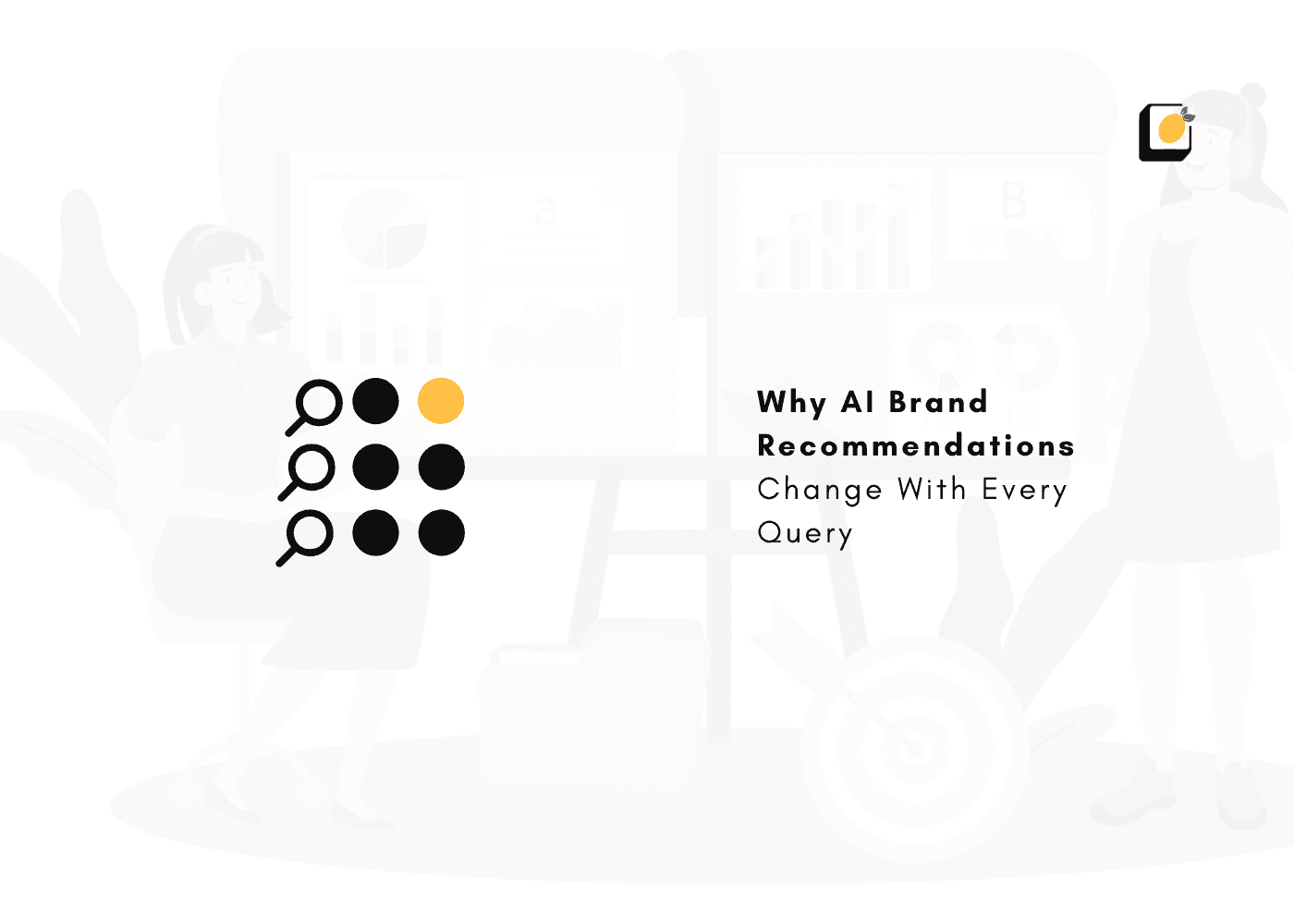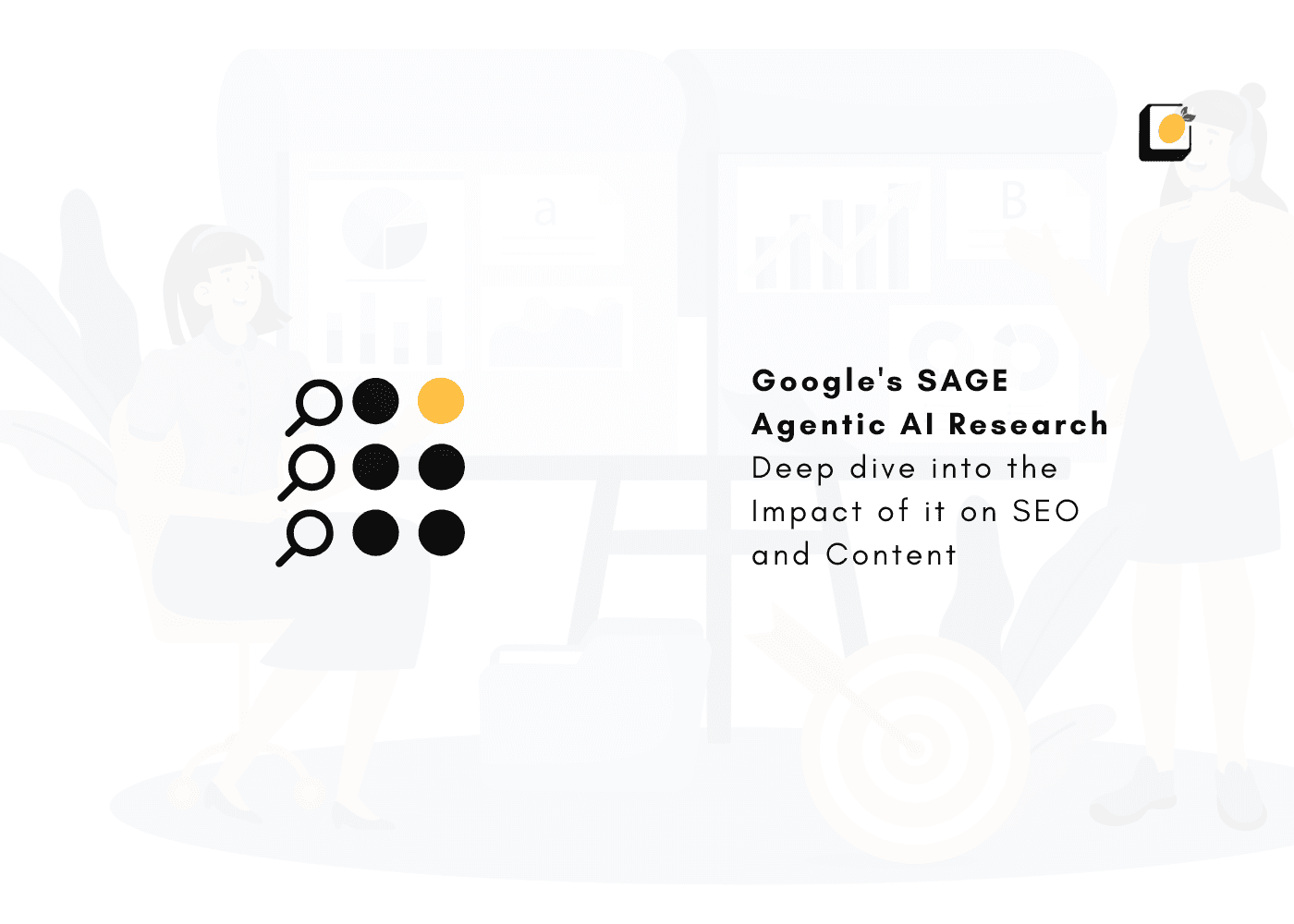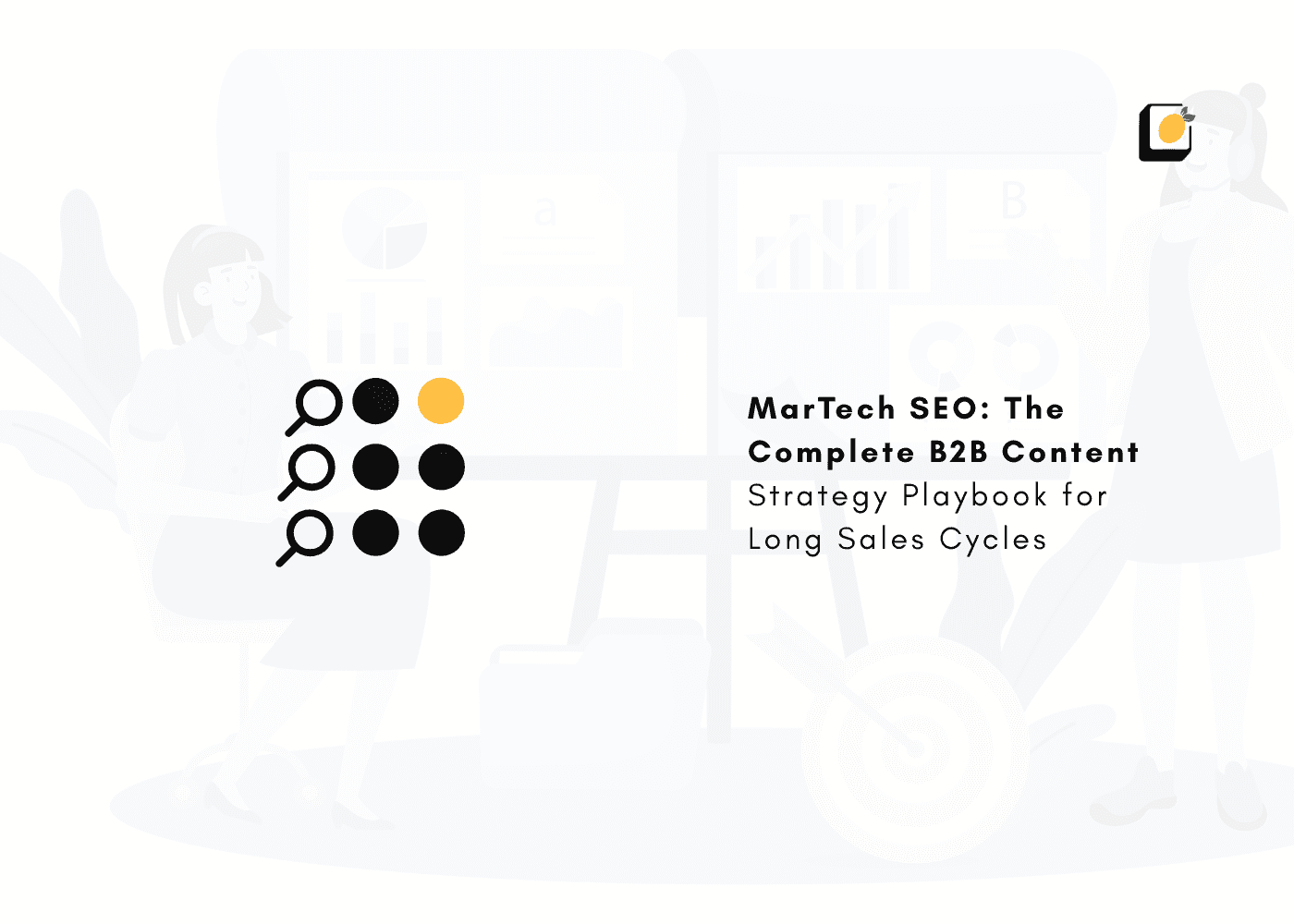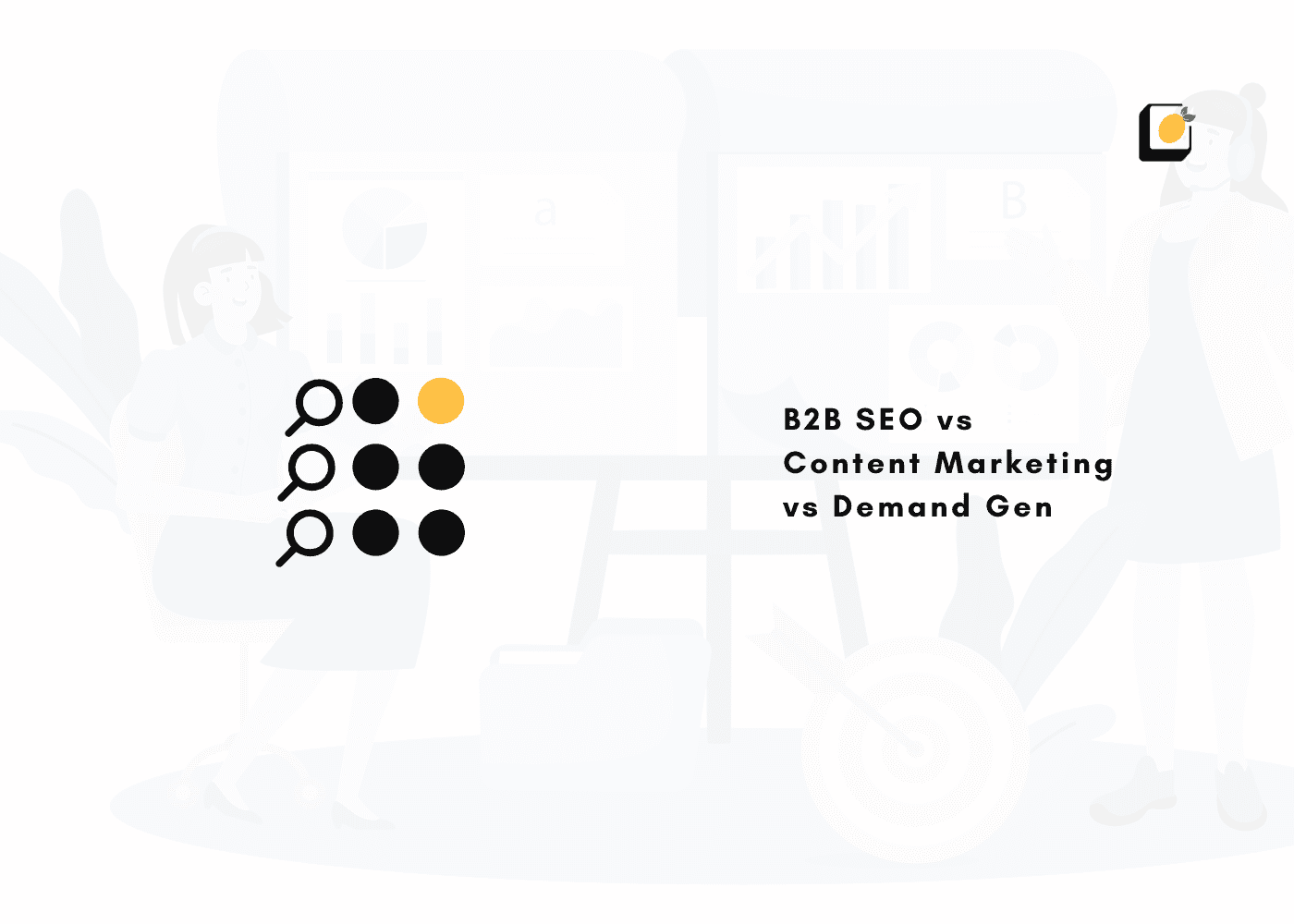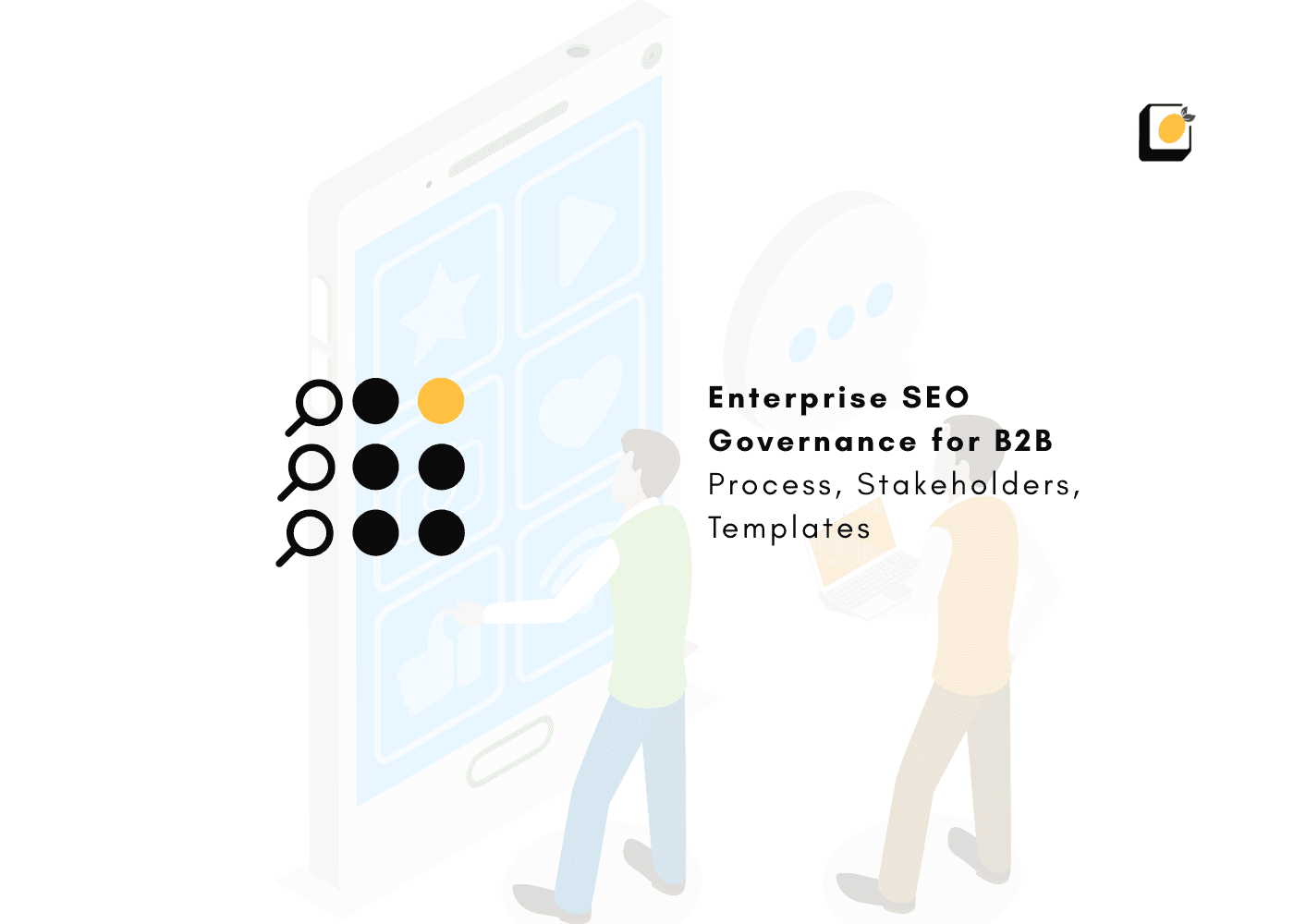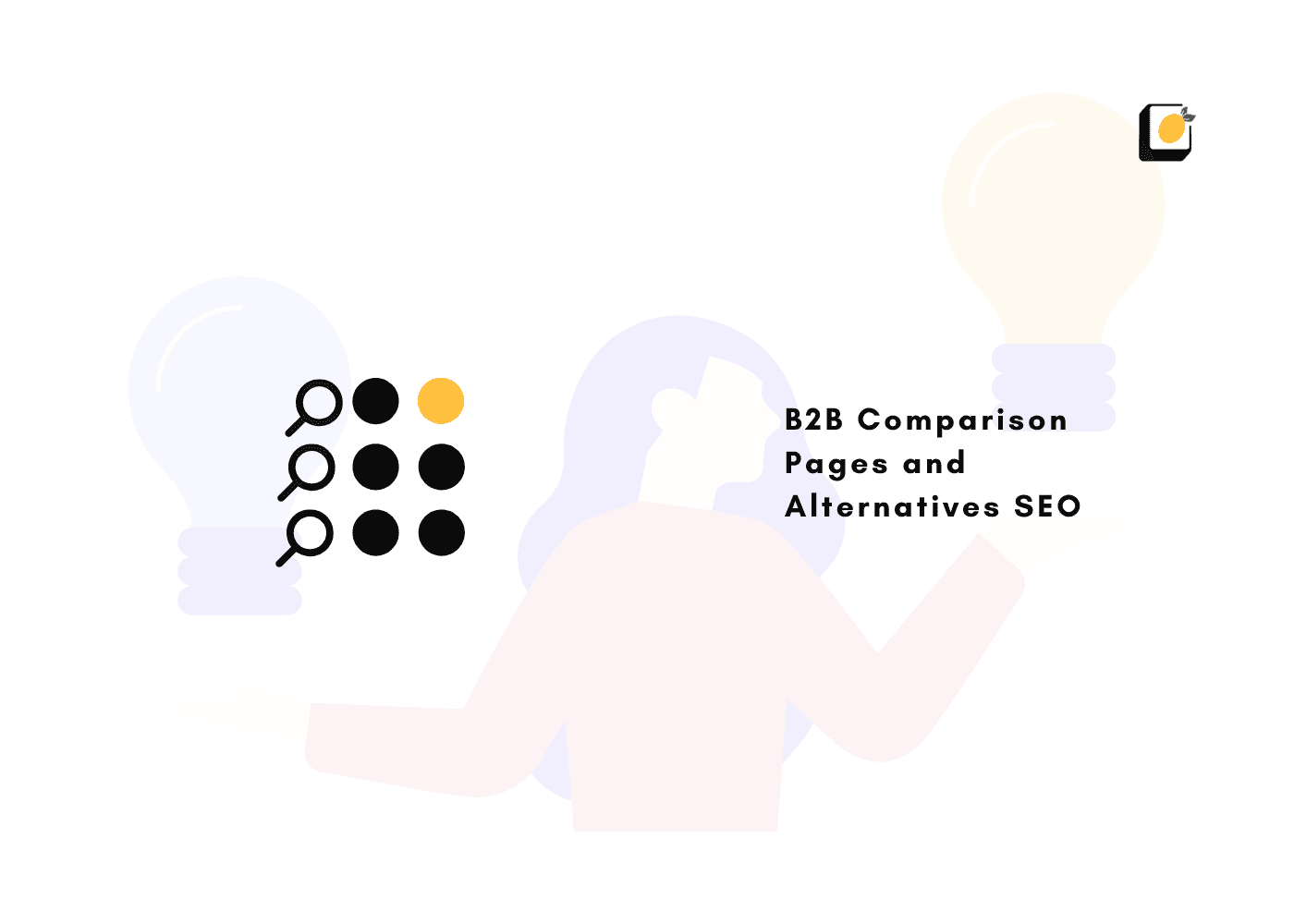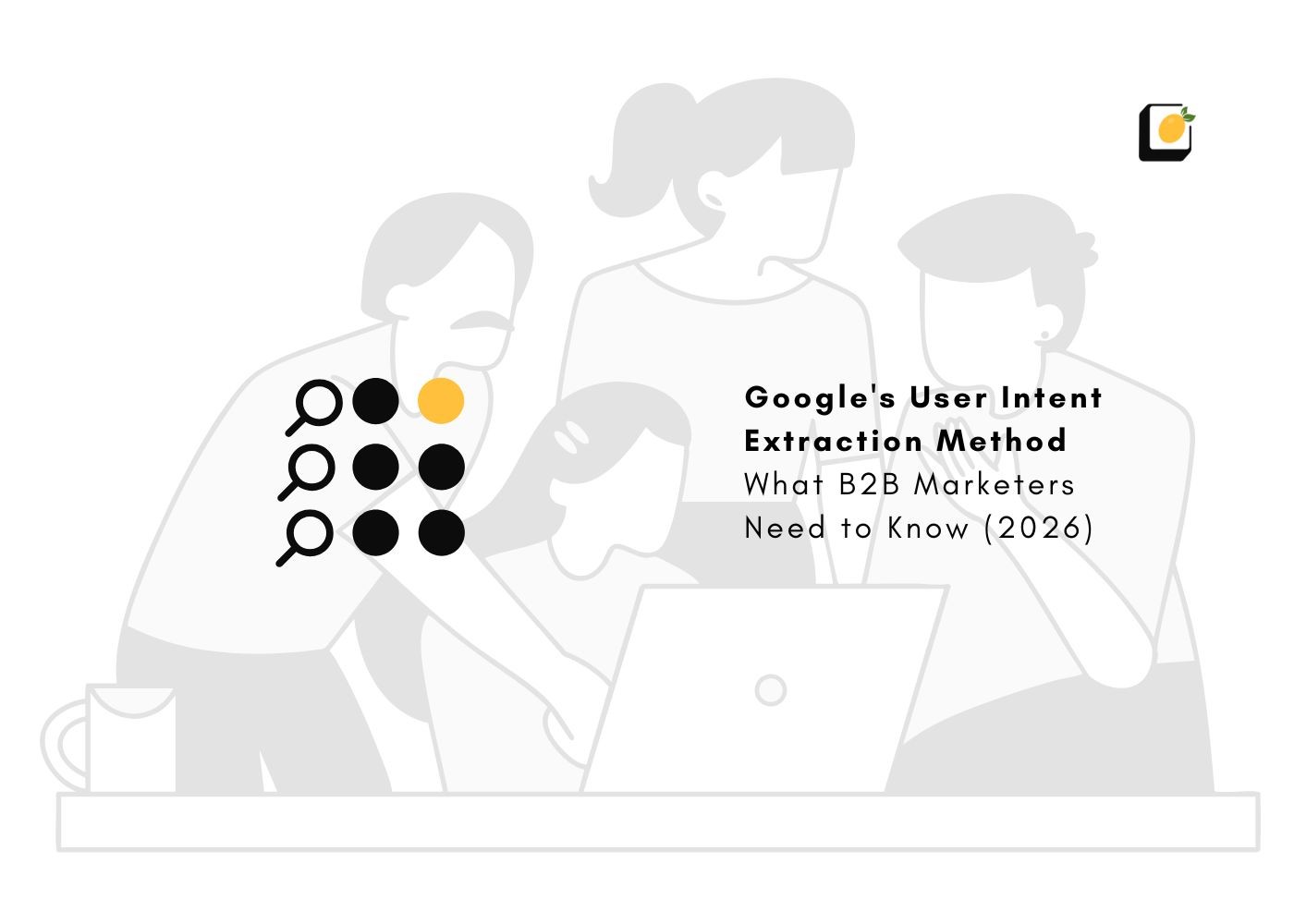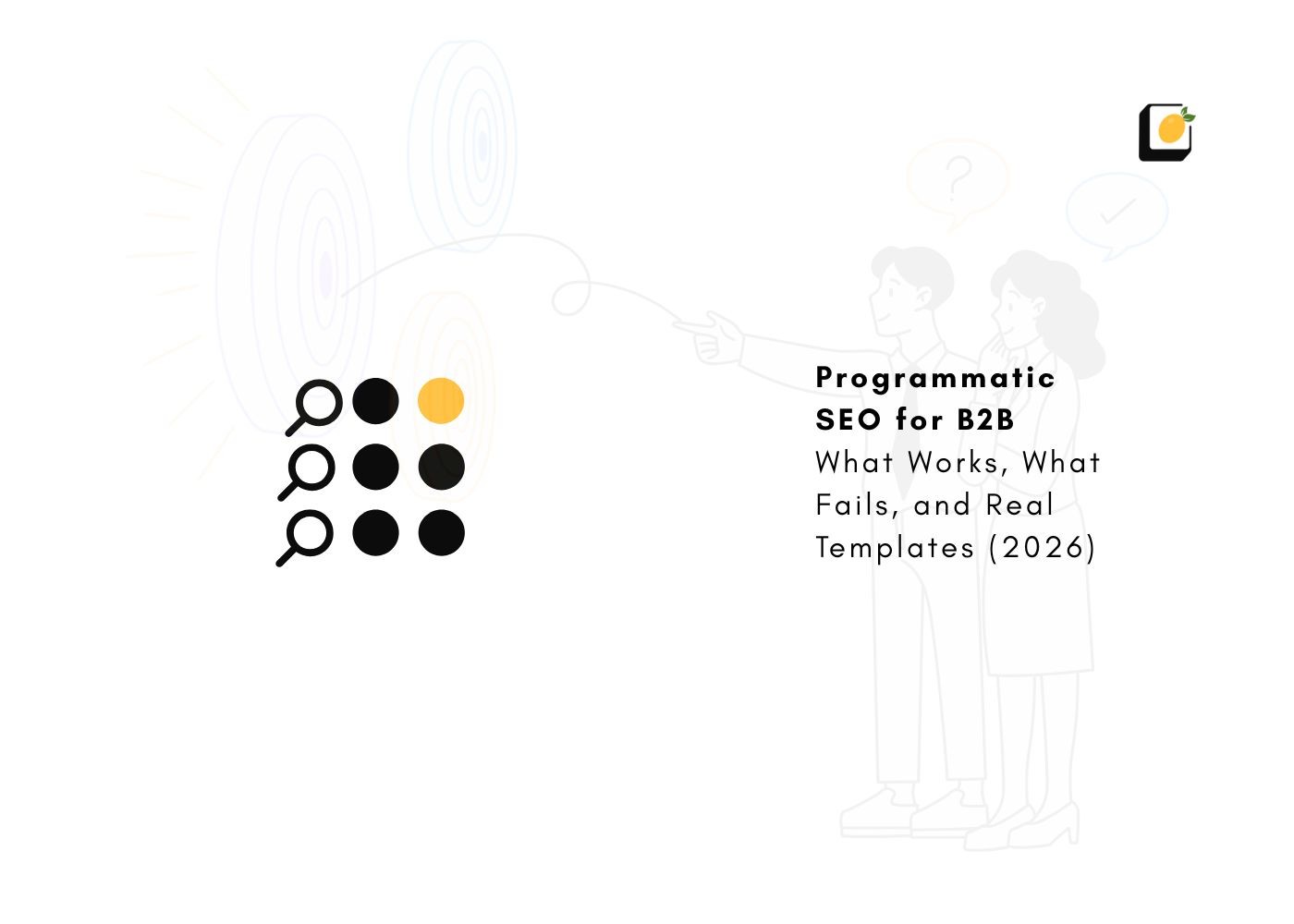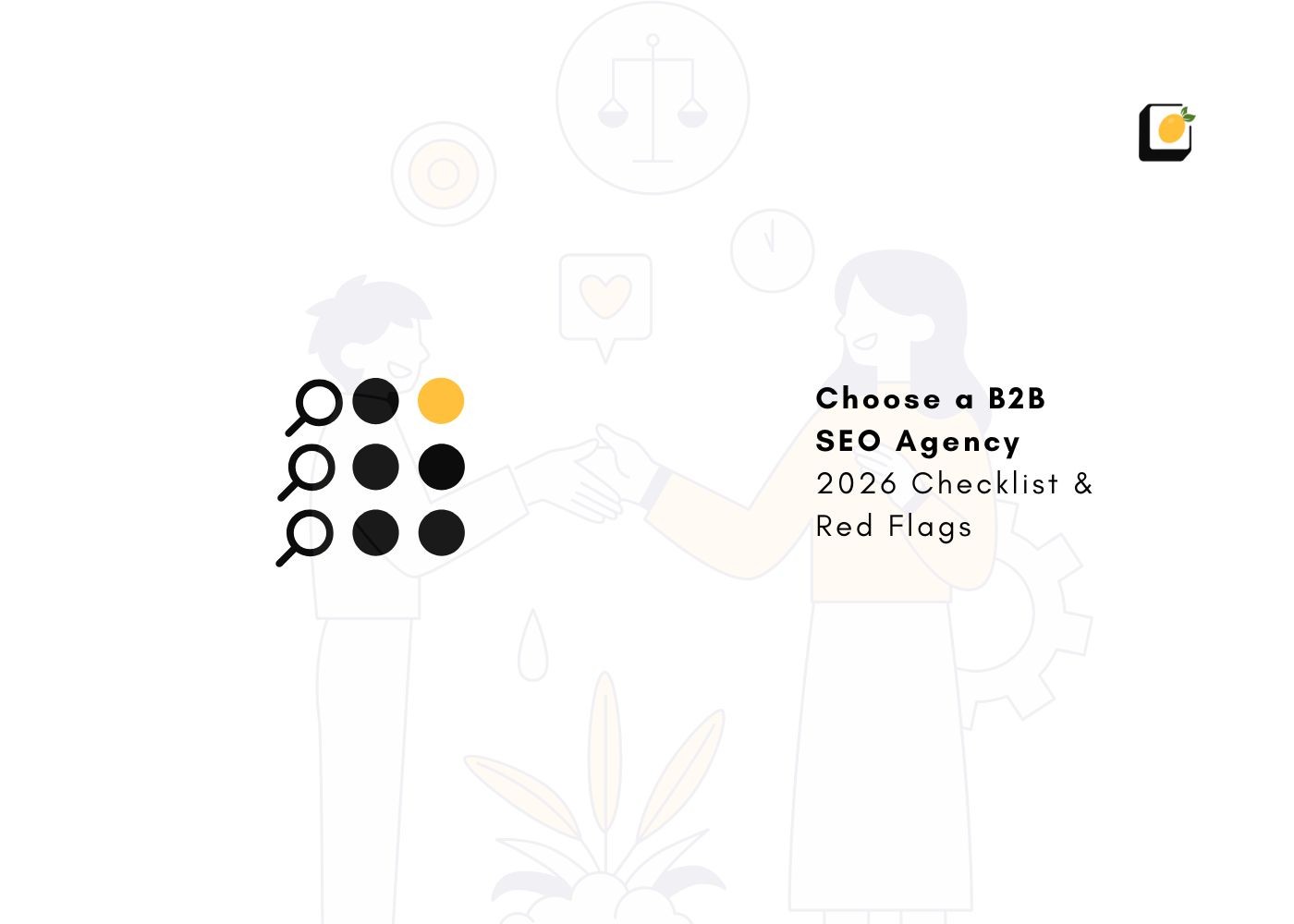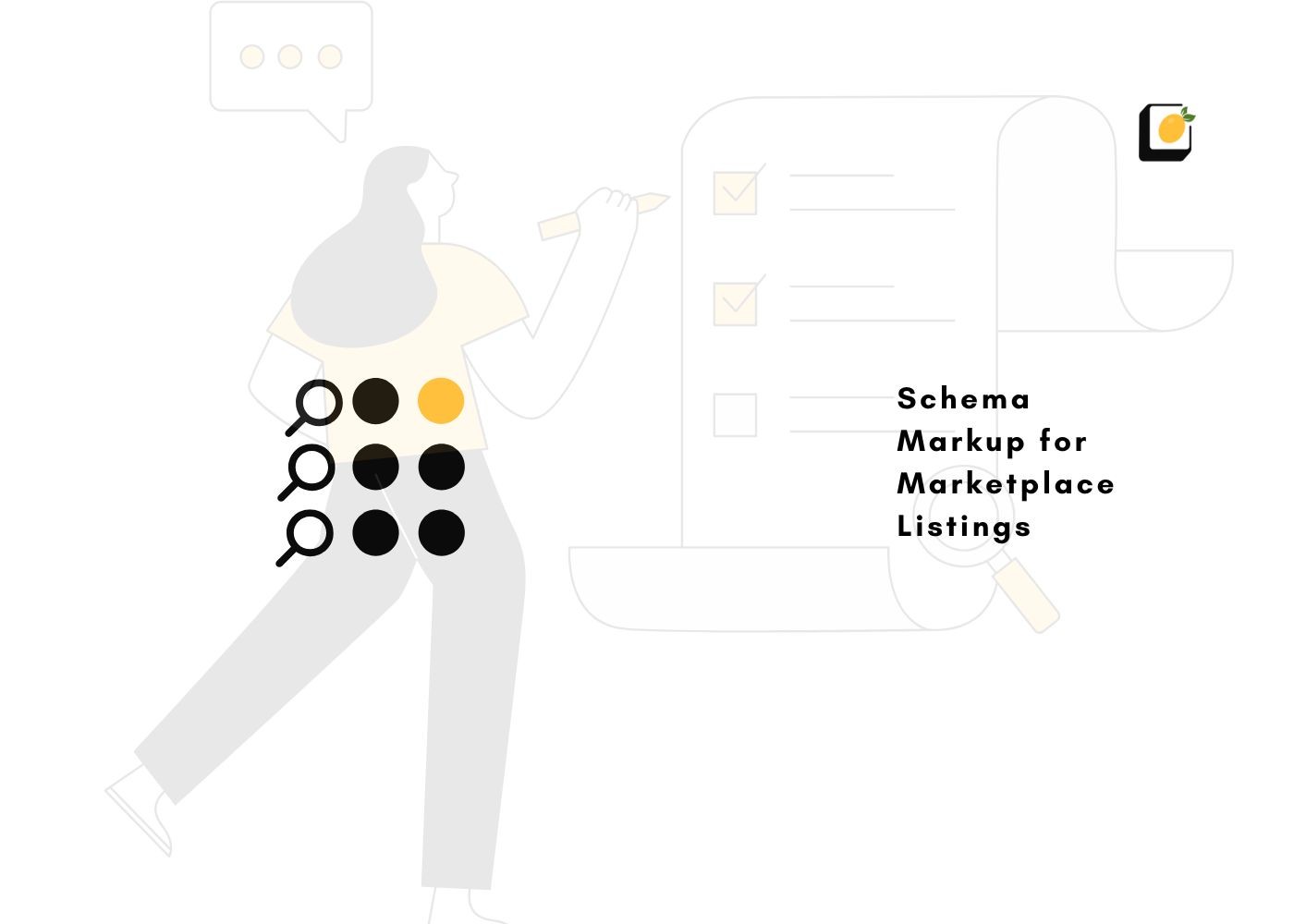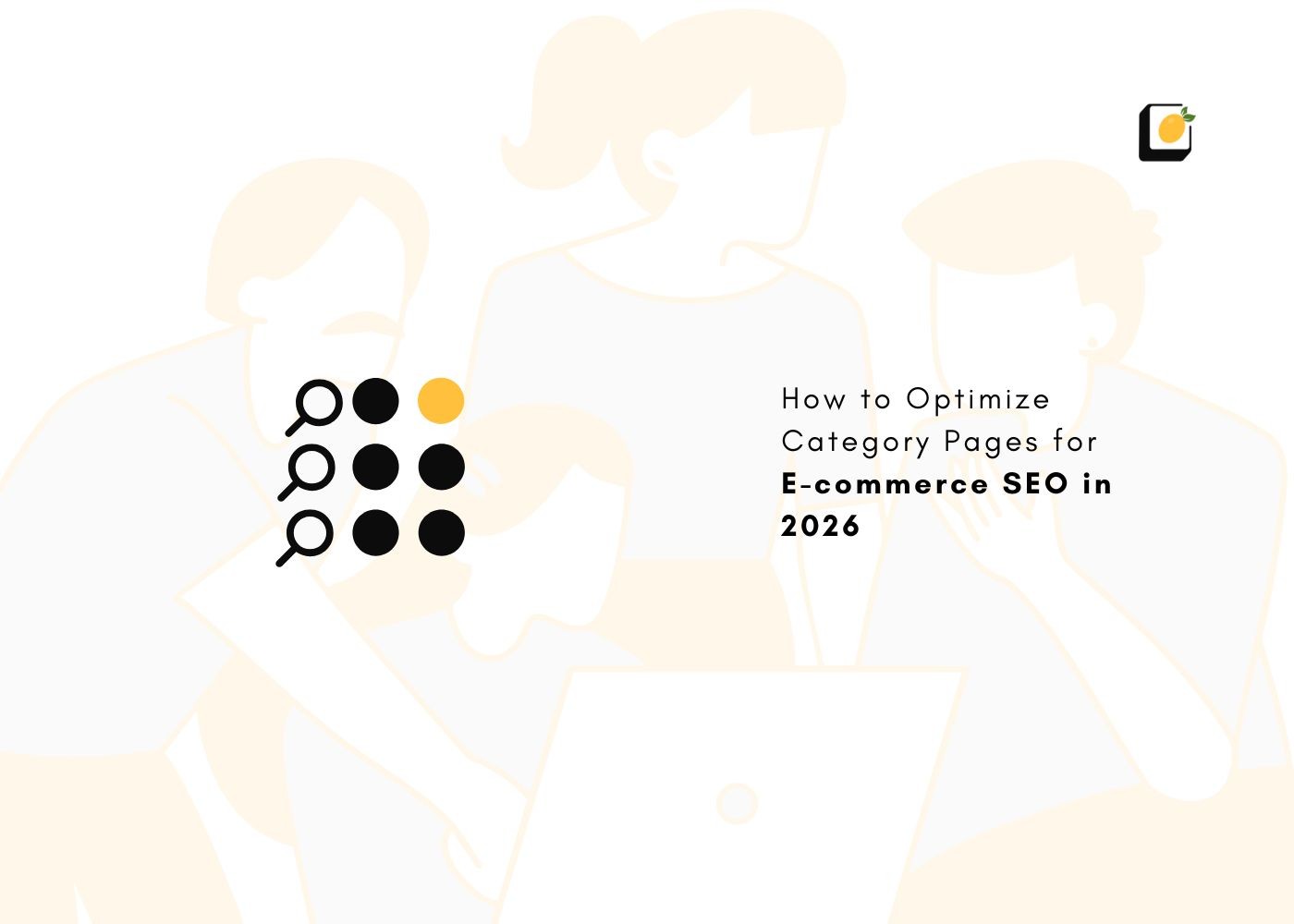How to Audit Your Website for AI Search Readiness: The Complete GEO Checklist
July 16, 2025
Join 500+ brands growing with Passionfruit!
AI search engines are changing how people find information, and your website needs to adapt or risk becoming invisible. Unlike traditional Google searches, AI platforms like ChatGPT, Perplexity, and Claude don't just crawl your content; they understand it, synthesize it, and cite it as authoritative sources. This shift means conducting an AI search audit has become essential for maintaining online visibility.
Most businesses are unprepared for this transition. While they've optimized for traditional SEO, they haven't considered how AI systems evaluate and cite content. This GEO checklist will help you audit your website's readiness for the age of AI-powered search, ensuring your content gets cited, referenced, and drives traffic from these emerging platforms.
What Makes AI Search Different from Traditional SEO?
AI search engines fundamentally change how content gets discovered and consumed. The difference isn't just cosmetic, it's structural. When someone asks ChatGPT about what is AI search, they get direct answers with citations, not a list of blue links to click through.
The citation economy is the new ranking system. Instead of competing for the top 10 results, you're now competing to be the authoritative source that AI engines quote. Generative Engine Optimization (GEO) focuses on making your content citation-worthy rather than just clickable.
Understanding the AI Citation Framework
AI engines evaluate content based on three core factors: accuracy, authority, and answer completeness. Your AI search audit must assess how well your content performs across these dimensions compared to what AI systems currently cite.
Answer quality matters more than keyword density. AI engines don't count keyword repetitions; they evaluate whether your content provides comprehensive, accurate responses to specific queries. This means your SEO strategy needs fundamental adjustments.
The Authority Signal Difference
Traditional backlinks matter less than content credibility. AI engines analyze author expertise, fact accuracy, and source citations within your content. They're building E-E-A-T profiles for every piece of content they encounter.
How Do You Assess Your Current AI Search Performance?
Start by checking if AI engines already cite your content. This baseline assessment reveals where you stand in the new search landscape and identifies immediate optimization opportunities.
Monitor Your Citation Frequency
Track how often AI engines reference your brand or content. Use direct queries on ChatGPT, Perplexity, and Claude about topics you cover. Document which competitors get cited and analyze what makes their content reference-worthy.
Here's how to conduct a citation audit:
Query AI engines about your main topics using natural language
Note which sources get cited for each query
Analyze citation patterns across different AI platforms
Compare your citation frequency against top competitors
Document content gaps where you should be cited but aren't
AI search optimization requires consistent monitoring since citation patterns change as AI models update and training data evolves.
Test Your Content's AI Visibility
Ask AI engines specific questions that your content should answer. If your comprehensive guide on a topic doesn't get cited, you've identified optimization opportunities. This testing phase is crucial for GEO checklist completion.
Create a systematic testing approach by developing 20-30 questions that your target audience would ask AI engines about your expertise areas. Test these monthly to track citation performance changes.
Which Content Elements Need Immediate Optimization?
Structured data becomes critical for AI discoverability. Unlike traditional SEO, where schema markup is helpful, AI search engines rely heavily on structured data to understand and categorize content.
AI-Ready Content Structure Checklist
Your content architecture directly impacts citation potential. AI engines prefer content with logical flow, clear headings, and scannable sections that answer specific questions directly.
Content Element | Traditional SEO | AI Search Optimization | Implementation Priority |
Headlines | Keyword-focused | Question-answering | High |
Meta Descriptions | Click-through optimization | Summary accuracy | Medium |
Content Structure | H-tag hierarchy | Answer architecture | High |
Internal Linking | PageRank distribution | Topic clustering | High |
Schema Markup | Rich snippets | AI understanding | Critical |
Author Information | Optional | Authority building | High |
Optimize for Direct Answer Extraction
Structure content to provide immediate answers. Start sections with clear statements that AI engines can extract as complete responses. Avoid burying key information in lengthy paragraphs that require interpretation.
Use numbered lists and bullet points strategically. AI engines often cite well-formatted lists because they're easy to extract and understand. This formatting choice significantly impacts your AI search readiness.
Implement Citation-Friendly Elements
Add quotable statistics and data points. AI engines prioritize citing specific numbers and research findings. Your AI search audit should identify opportunities to include more data-driven content that supports your content strategy.
Create summary boxes and key takeaways. These elements make it easy for AI engines to extract and cite your main points, improving your chances of getting referenced in AI overview results.
Where Should You Start Your AI Optimization Journey?
Begin with your highest-traffic, most authoritative content. These pages already have search engine trust, making them prime candidates for GEO optimization. Your audit should prioritize content that's already performing well in traditional search.
Phase 1: Technical Foundation (Week 1-2)
Implement comprehensive structured data markup across your key pages. Focus on FAQ schema for content that answers common questions, as this directly supports AI search discovery.
Essential technical optimizations include:
FAQ Schema implementation on advice and how-to content
Article Schema for blog posts and guides
Organization Schema for brand authority signals
Author Schema for expertise demonstration
Breadcrumb Schema for content hierarchy
Optimize page loading speeds and mobile responsiveness. While AI engines don't directly measure these factors, they often cite content from technically sound websites that provide good user experiences.
Phase 2: Content Enhancement (Week 3-4)
Audit your existing content for citation-worthiness. Add data points, expert quotes, and clear conclusions that AI engines can easily extract and reference. This enhancement phase is central to AI search readiness.
Content optimization priorities:
Add explicit expertise signals - author credentials, company background, industry experience
Include supporting data - statistics, research citations, case study results
Create answer-focused sections - direct responses to common questions
Implement internal linking - connect related topics for topical authority
Update publication dates - maintain content freshness indicators
Phase 3: Authority Building (Ongoing)
Develop relationships with other authoritative sites in your industry. AI engines notice citation patterns and tend to reference content from sites that other trusted sources cite.
Regularly update and refresh your content to maintain accuracy. AI engines favor recently updated content, especially for rapidly changing topics like AI SEO tools and digital marketing trends.
Build citation-worthy content types:
Research-backed articles with original data analysis
Comprehensive guides that cover topics thoroughly
Case studies with specific results and methodologies
Expert interviews with industry authorities
Tool comparisons like SEO platform evaluations
Key Takeaways
AI engines prioritize citation-worthy content over traditional ranking factors
Structured data implementation is now critical, not optional, for AI visibility
Content must provide direct answers, not require interpretation or inference
Authority signals within content matter more than external backlink profiles
Regular citation monitoring across AI platforms is essential for optimization
Technical foundation enables content discoverability by AI systems
Frequently Asked Questions
1. How often should I conduct an AI search audit?
Monthly citation monitoring is essential since AI models update frequently and training data changes. Comprehensive audits should happen quarterly to assess optimization effectiveness. Regular monitoring helps you adapt to AI algorithm changes and maintain citation performance across platforms.
2. What's the difference between SEO and GEO optimization?
Traditional SEO focuses on ranking in search results, while GEO optimization targets getting cited by AI engines. GEO prioritizes answer quality, authority signals, and content structure over keyword density and backlinks. Both strategies complement each other in modern search optimization.
3. Which AI platforms should I optimize for first?
Start with ChatGPT, Perplexity, and Claude as they have the largest user bases and citation influence. Google's AI Overview is also critical since it appears in traditional search results. Focus on the platforms your target audience uses most frequently.
4. How do I know if my content is citation-worthy?
Citation-worthy content provides clear, accurate answers with supporting evidence and expert credibility. Test by asking AI engines questions that your content should answer. If you're not cited despite having comprehensive coverage, your content needs better structure, authority signals, or answer clarity.
5. What technical elements are most important for AI search?
FAQ schema, Article schema, and Author schema are the most critical structured data types. Fast loading speeds, mobile optimization, and clear content hierarchy also support AI discoverability. Technical foundation enables AI engines to understand and extract your content effectively.
6. Can I optimize existing content for AI search or do I need new content?
Existing high-performing content is ideal for AI optimization since it already has search engine trust. Add structured data, improve answer clarity, include authority signals, and enhance internal linking. Creating new content should focus on topics where competitors aren't getting cited consistently.


